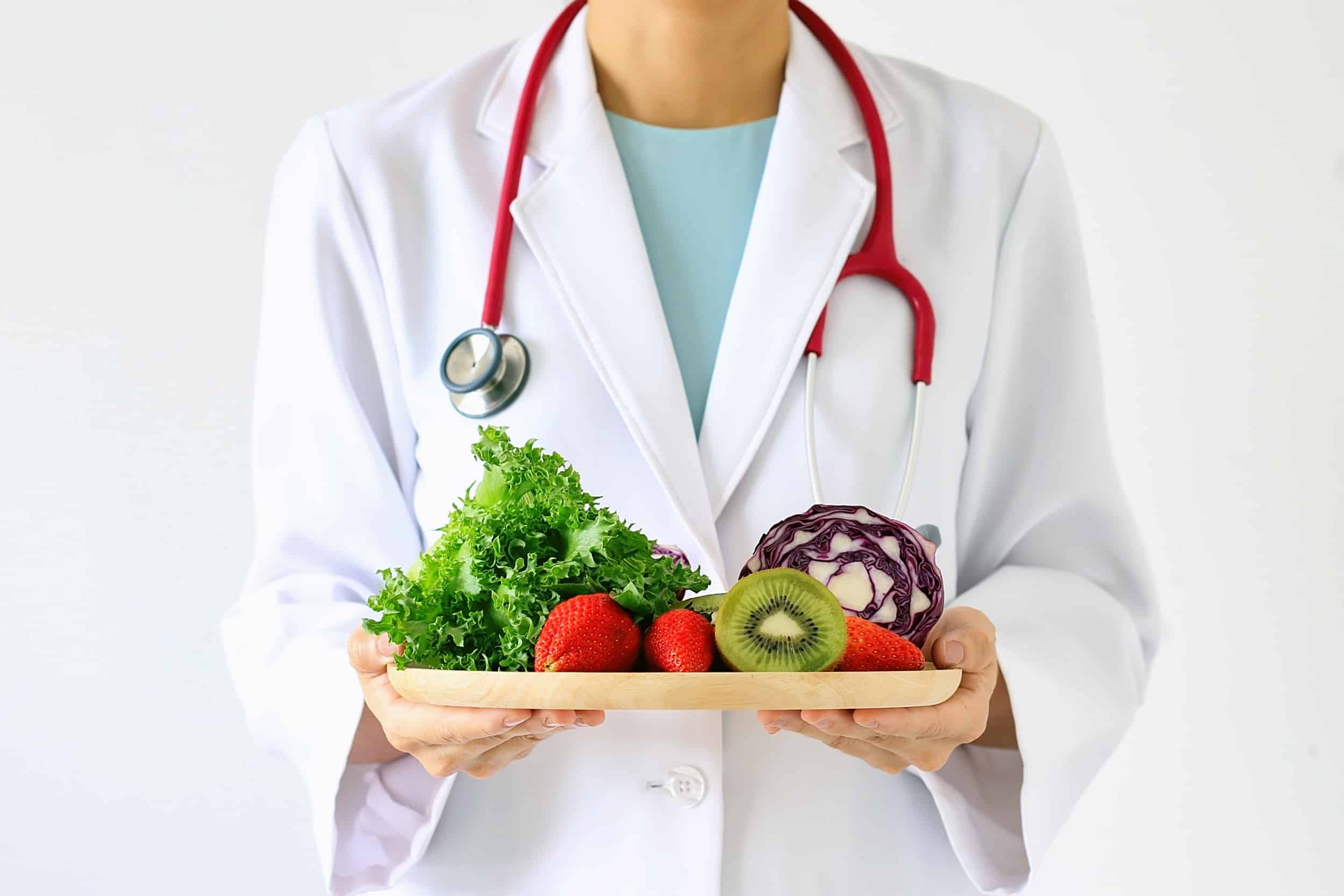Even though diet has been recognized to be the primary driver of illness within America, the healthcare system hasn’t done enough to intervene as over two thirds of the population is overweight and obesity related illness accounts for nearly 10% of the gross domestic product.
Mounting evidence is indicating that creating the right diet for patients can help to significantly improve outcomes and help to reduce costs. Such as a program in Massachusetts designed to support the nutritional needs of low income patients with heart failure and other conditions that diet plays key roles in like kidney disease, and diabetes.
Every week 10 ready to eat meals are delivered to patients homes that are tailored to the individual’s medical needs by a registered dietitian. A recent study found that those receiving such medically tailored meals experienced 50% less hospitalizations, 72% fewer admissions to skilled facilities, and the program was associated with a 16% decrease in healthcare costs. In 2019 Community Servings delivered over a half million meals to 2,300 patients in which they often solicit recipes to ensure the food is to the pateint liking.
“Putting the right meal together can be really complicated,” said Seth A. Berkowitz, the study’s lead author and an assistant professor at UNC School of Medicine. “If you have heart failure or kidney disease, if you’re living with a disability and it’s hard to go out and get food, these meals can help make sure you get the nutrition you need.”
In Pennsylvania another initiative in a specific population has a program that delivers fresh and nutritious food every week to diabetic patients, and has led to reductions in hemoglobin Aic levels from 9.6% to 7.5%.
California has launched a $6 million three year project to improve nutrition for Medicaid recipients in a program that will bring 6 community organizations together to provide three daily meals that will be medically tailored for 1,000 patients with heart failure.
New York has a program that provides low income patients with high blood pressure a prescription for fruits and vegetables. Patients who get medications at certain pharmacies are eligible for health bucks which can be used to buy fresh produce at local farmers markets, and early evidence suggests that close to 90% are the health bucks are being redeemed.
While these local efforts are showing signs of success/improvement, they come at a time when the federal government is moving to substantially restrict eligibility for food stamps and other nutritional support programs including the reduced price school lunches programs. The new regulations are moving through the court systems, and they will worsen food security for millions of Americans when they become implemented to further worsen outcomes and costs.
Hippocrates counseled patients to “Let food be thy medicine and medicine be thy food” over 2,000 years ago but since then this basic fundamental component of health gets overlooked far too often in favor of modern medications and convenience. An increasing large body of well documented evidence demonstrates the notion of food being medicine, perhaps it is well time that we get back to it, and act like it, as well as encourage patients to follow it.




